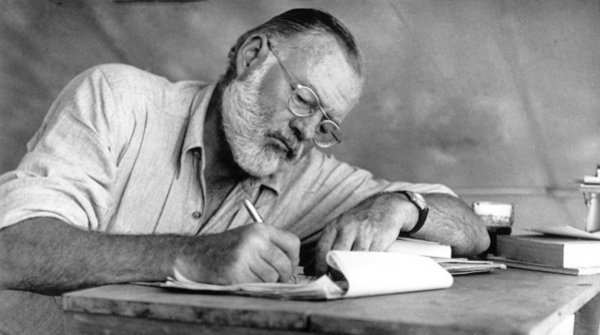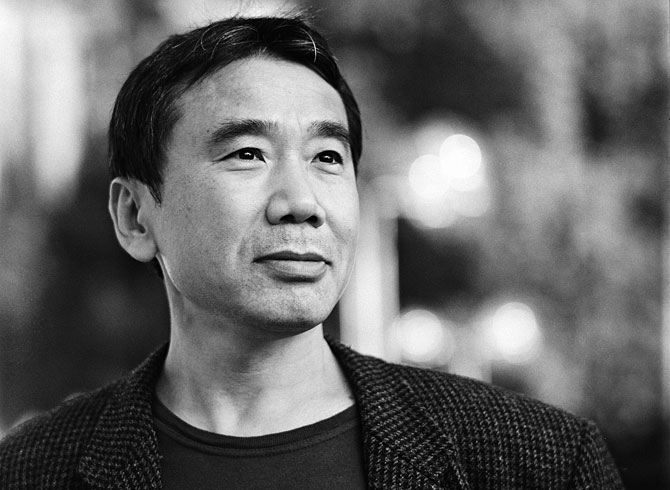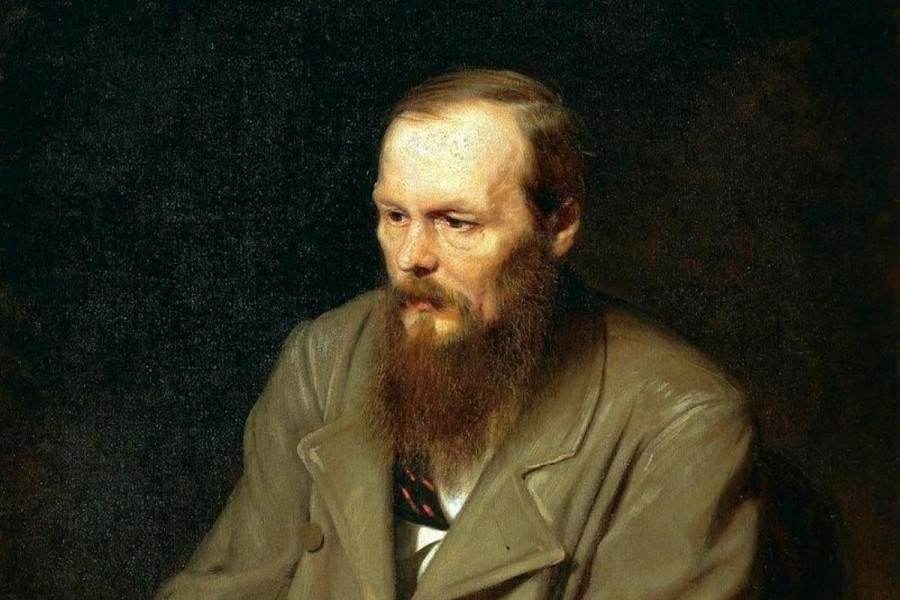Learn 10 effective tips for beginner writers on how to write a novel!
Writing is in high demand in many areas of modern life, such as journalism, advertising, marketing, fiction, blogging and many others. If you decide to write a novel, story, script, or create great texts of any complexity, our tips will be handy. This article is not limited to writing books in any particular genre of literature; instead, it provides a set of tools to improve the writing process in general.
Start writing in the morning
The best advice on how to write a novel you can have is simple: start writing as early in the morning as possible. Morning is the magic time when your mind is clean and free from unnecessary information, so thoughts are better formulated and can be gathered into beautiful sentences. In fact, many a renowned authors prove that early morning is the most productive time for writing.
For example, Ernest Hemingway would wake up before dawn and work only until noon all his life. His novels were first written in pencil on paper, then corrected and typed up. Every day he meticulously counted how many words he wrote.
When you finish writing, you feel exhausted inside, but not empty, and filling, as if all this time you were making love with your loved one. (Ernest Hemingway)


Make yourself write
How can you write a novel without writing it? Of course, inspiration is key, but authors do not always feel an inner urge to write something, and therefore you need to make yourself do just that. Follow the golden rule: not a day should pass without a page written! Do not wait for inspiration and new stories to come to your mind on their own. Writing is a job that needs to be done daily, and, in order to deal with it better, you should
Plan your creative process in advance
Make a plan for how much text you want to write, and follow it. Your task may be to write at least a few pages a day; the main thing is to write regularly. George Sand, for example, usually wrote 20 pages per night, and Stephen King was targeting to write 10 pages each day. At this pace, the question of how to write a novel gets answered on its own!
Write anytime, everywhere
Use any free time, wherever you are. You can make a habit of writing while commuting, on the way to work, at sport events, etc. Francis Scott Fitzgerald wrote his first novel, “This Side of Paradise,” on pieces of paper while being in an army training camp. And the maestro of the detective genre Agatha Christie, having already become a famous writer, worked not only without an office, but also without a desk. This ingenious woman composed her detective stories in the bedroom, at the dressing table.
Be disciplined
As is the case with any business, writing requires such qualities as self-discipline and self-organization. Modern writer Haruki Murakami wakes up at four in the morning and works up to six hours in a row. Having finished his work for the day, he does running, swimming, listening to music, reading, before finally going to bed at nine in the evening. Murakami believes that such a fixed life style allows him to immerse himself in a creative trance.
Readers do not care what my daily routine is, as long as my next book is better than the previous one. (Haruki Murakami)


Try yourself in all literary genres
Do not be afraid to experiment with different genres, and do not limit yourself to prose alone. If you never thought of becoming a playwright, take the chance to write a play; if you have written stories and novels all your life and even finished a novel but don’t know how to write poetry, challenge yourself to verse. Search for your own unique style by trial and error: this will make it easier for you to understand what you are really good at (and get better at it).
Don’t waste good thoughts
Write down every phrase you find worthwhile and re-read them regularly. Walk with a pen and a notebook, record your thoughts with a voice recorder or type them up on a laptop. These words and phrases may form your future literary work someday. For instance, Vladimir Nabokov used to draft his works on paper cards. He later composed entire pages and chapters of his novels from these scrapes and fragments.
Reread and edit
This will help you avoid repetitions and stylistic errors, and hone your writing skills. Follow the example of the great French writer Honore de Balzac: for him, proofreading was as creative as writing itself. As a result, he corrected, polished, and sometimes rewrote entire pages.
Expand your knowledge
Pay more attention to everything that is happening around: the topics for your novels can literally fall under your feet. Any life situations can be turned into an interesting story, or made part of a story. Study and remember people, learn to describe them, like the great writer Anton Chekhov did. He could create a large masterpiece from any insignificant object, such as an ashtray.
Think about how to write a novel, not money
Do not try to turn writing into a source of income immediately. It is always very difficult for a novice writer to get published. However, if you want to write for a small circle of readers, you can start with blogging, do content marketing or copywriting.
Marcel Proust was writing his novel “In Search of Lost Time” for almost 14 years, and Gustave Flaubert worked on “Madame Bovary” for more than five. Write for pleasure and self-expression. And then, who knows, possibly one of your novels will be successful – and you will become famous all over the world.
How to write a novel – Final Words
These days, any literate person can write a novel. As you know, even publishing today is not mandatory, because you can always create an electronic version and find your reader online. What obstacles can we have besides laziness and lack of motivation, then?
Anyone can have his or her own reasons that prompted to start writing: a desire to share an excess of some life experiences, that to express oneself, or a dream to become famous. But, regardless of your particular reason, you must love literature, study its history and, most importantly, – write well. Then your thoughts will begin turning into paragraphs and the paragraphs will become chapters, so the question “how to write a novel?” will disappear by itself.
You’ve written a novel? Find out how to revise it!
Did we list all the key tips to how to write a novel? Are there other tricks you think aspiring authors should know about? Share them in the comments below!





